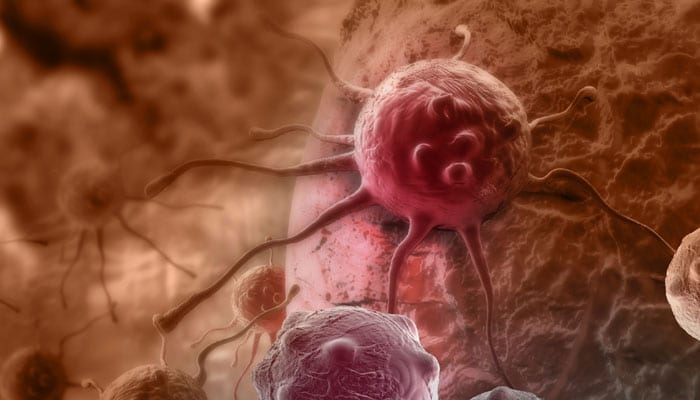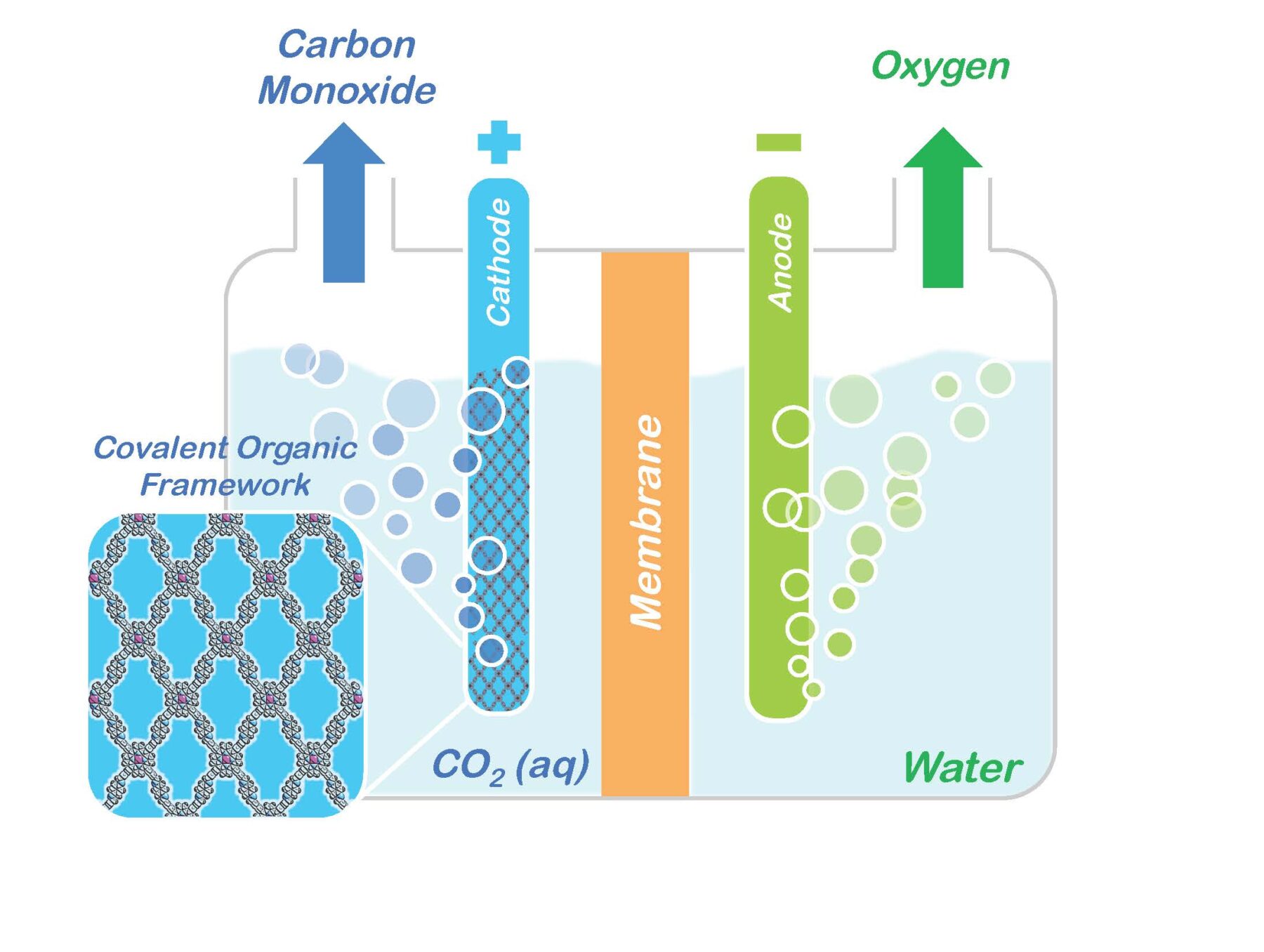
The molecular switches regulating human cell growth do a great job of replacing cells that die during the course of a lifetime. But when they misfire, life-threatening cancers can occur. Research led by scientists at The University of Texas Health Science Center at Houston (UTHealth) has revealed a new electrical mechanism that can control these switches.
This information is seen as critical in developing treatments for some of the most lethal types of cancer including pancreatic, colon and lung, which are characterized by uncontrolled cell growth caused by breakdowns in cell signaling cascades.
The research focused on a molecular switch called K-Ras. Mutated versions of K-Ras are found in about 20 percent of all human cancers in the United States and these mutations lock the K-Ras switch in the on position.
“When K-Ras is locked in the on position, it drives cell division, which leads to the production of a cancer,” said John Hancock, M.B., B.Chir, Ph.D., ScD, the study’s senior author and chairman of the Department of Integrative Biology and Pharmacology at UTHealth Medical School. “We have identified a completely new molecular mechanism that further enhances the activity of K-Ras.”
Findings appear in Science, a journal of the American Association for the Advancement of Science.
The study focused on the tiny electrical charges that all cells carry across their limiting (plasma) membrane. “What we have shown is that the electrical potential (charge) that a cell carries is inversely proportional to the strength of a K-Ras signal,” Hancock said.
With the aid of a high-powered electron microscope, the investigators observed that certain lipid molecules in the plasma membrane respond to an electrical charge, which in turn amplifies the output of the Ras signaling circuit. This is exactly like a transistor in an electronic circuit board.
Yong Zhou, Ph.D., first author and assistant professor of integrative biology and pharmacology at UTHealth Medical School, said, “Our results may finally account for a long-standing but unexplained observation that many cancer cells actively try to reduce their electrical charge.”
Initial work was done with human and animal cells and findings were subsequently confirmed in a fruit fly model on membrane organization.
“This has huge implications for biology,” Hancock said. “Beyond the immediate relevance to K-Ras in cancer, it is a completely new way that cells can use electrical charge to control a multitude of signaling pathways, which may be particularly relevant to the nervous system.”
Read more: Scientists discover electrical control of cancer cell growth
The Latest on: Electrical control of cancer cell growth
[google_news title=”” keyword=”Electrical control of cancer cell growth” num_posts=”10″ blurb_length=”0″ show_thumb=”left”]
via Google News
The Latest on: Electrical control of cancer cell growth
- Researchers discover new function of oncoproteinson May 8, 2024 at 6:35 am
Researchers at the University of Würzburg have discovered a new function of the oncoprotein MYCN: It not only helps cancer cells to grow stronger, but also makes them more resistant to drugs. The ...
- Cancer Cells Spread When They Stop Recycling Wasteon May 7, 2024 at 5:00 pm
“99.9 percent of people do it in cell culture,” he added. It’s difficult to gauge which genes control cancer spread between organs using cell culture, but mouse models allow researchers to address ...
- Newly discovered mechanism of T-cell control can interfere with cancer immunotherapieson May 3, 2024 at 3:27 pm
Activated T cells that carry a certain marker protein on their surface are controlled by natural killer (NK) cells, another cell type of the immune system. In this way, the body presumably curbs ...
- Blocking gene may halt growth of breast cancer cellson April 25, 2024 at 9:35 am
Shutting down a gene called PRMT5 stopped metastatic estrogen receptor-positive (ER+) breast cancer cells from growing after they acquired resistance to a standard therapy known as CDK4/6 inhibitors, ...
- What Is Pancreatic Cancer?on April 22, 2024 at 5:42 am
Pancreatic cancer develops when abnormal cells in the pancreas grow and ... Chemotherapy can help control cancer growth and improve your quality of life, but it also causes side effects.
- Graviola for Cancer: What We Knowon April 19, 2024 at 4:59 pm
Graviola blocks pathways that control the growth and life cycle of cancer cells. ATP. Every cell in your body uses a compound called adenosine triphosphate (ATP) for energy. When graviola blocks A ...
- Pancreatic Cancer Newson February 27, 2024 at 4:00 pm
Age-Related Changes in Fibroblast Cells Promote Pancreatic Cancer Growth and Spread Feb. 20, 2024 — Older people may be at greater risk of developing pancreatic cancer and have poorer prognoses ...
- Cell Cycle Control by Oncogenes and Tumor Suppressors: Driving the Transformation of Normal Cells into Cancerous Cellson March 18, 2023 at 7:00 pm
This feature is reminiscent of cancer cells that have reduced contact inhibition of growth. A third characteristic ... Cancer genes and the pathways they control. Nature Medicine 10, 789–799 ...
- Cell Division and Canceron February 8, 2023 at 4:54 pm
Cancer cells are cells gone wrong — in other words, they no longer respond to many of the signals that control cellular growth and death. Cancer cells originate within tissues and, as they grow ...
- Scientists uncover potential ‘electrical language’ of cancer cellson November 11, 2022 at 2:37 pm
The researchers believe this could indicate an electrical communications network between cancer cells that could ... that certain genes that control cell multiplication can switch off, causing ...
via Bing News










